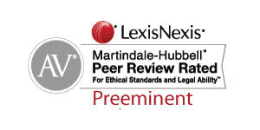Record No: 161505
(As published by the Virginia Supreme Court)
In two litigations raising the issue whether a decedent’s will and trust were the product of undue influence by his brother, the attorney who drafted the instruments, the widow’s claims are rejected. In the context of testamentary documents, a presumption of undue influence arises upon proof that (1) the testator was enfeebled in mind when the testamentary document was executed; (2) the testator named a beneficiary who stood in a relationship of confidence or dependence; and (3) the testator previously had expressed an intention to make a contrary disposition of the testator’s property. The existence of a confidential relationship is insufficient, alone, to establish the second element. It must be accompanied by activity on the part of the dominant person in procuring or preparing the will in his favor before a presumption of undue influence will arise. In this case, the brother is not a beneficiary under either the will or the trust, and neither his entitlement to compensation as executor and trustee, nor his power as trustee to choose beneficiaries of certain trust property make him a beneficiary. The uncertain and contingent possibility that the brother might divert and distribute trust property to himself does not make him a beneficiary. Thus, the circuit court did not err in dismissing, with prejudice, the widow’s claims of undue influence.

